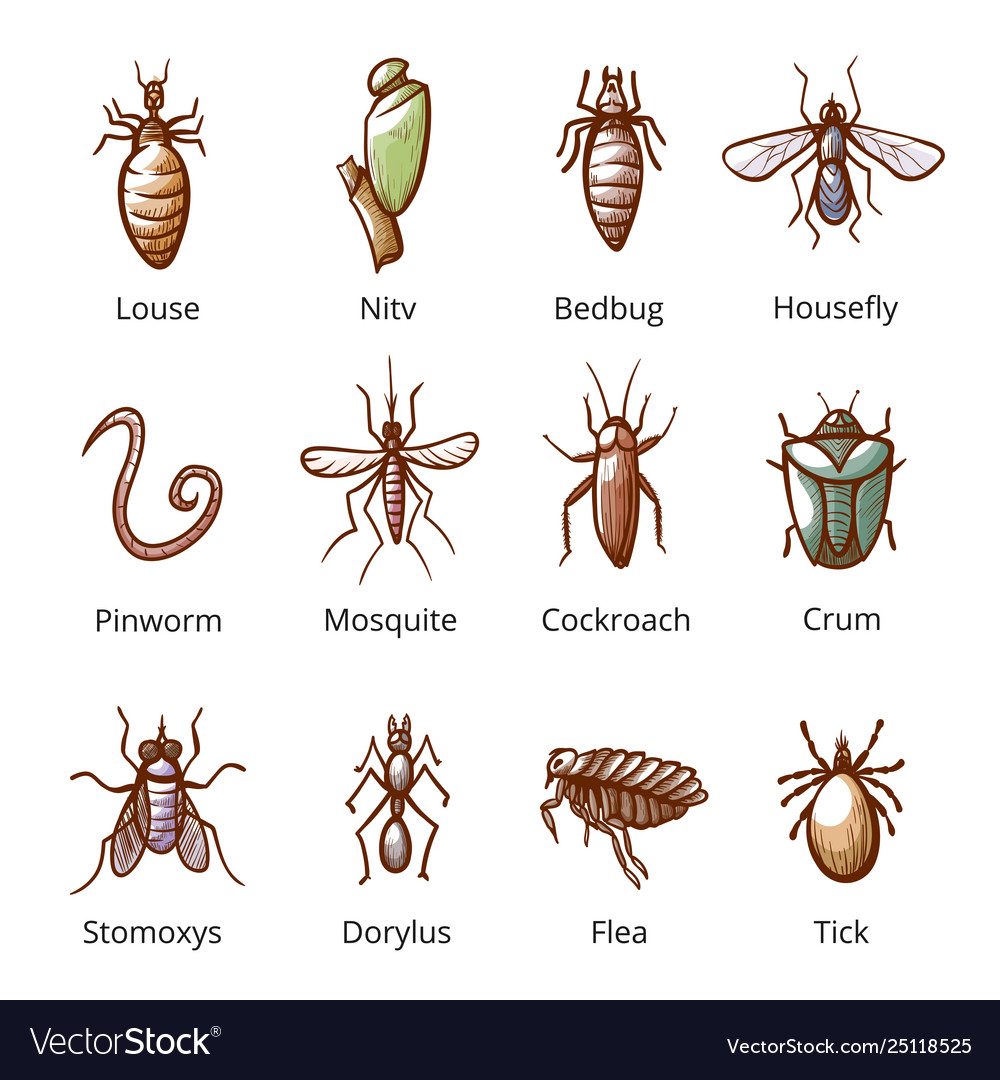parasitic insect crossword clue 5
If you are searching about Wingless parasitic insect that lives on the skin of mammals crossword clue you've came to the right web. We have 10 Pics about Wingless parasitic insect that lives on the skin of mammals crossword clue like تطبيق CAPC Internal Parasites ID - doctor, Parasitics Crossword - WordMint and also تطبيق CAPC Internal Parasites ID - doctor. Here you go:
Wingless Parasitic Insect That Lives On The Skin Of Mammals Crossword Clue
 crossword365.com
crossword365.com
wingless parasitic mammals
Insects - Crossword Labs
 crosswordlabs.com
crosswordlabs.com
Parasitics Crossword - WordMint
 wordmint.com
wordmint.com
Parasitic Arachnids Crossword Clue
 crossword365.com
crossword365.com
arachnids parasitic clue
An Insect Crossword With The Words Insects
 www.pinterest.com
www.pinterest.com
Parasitic Helminth Crossword - WordMint
 wordmint.com
wordmint.com
crossword helminth parasitic wordmint created
تطبيق CAPC Internal Parasites ID - Doctor
 www.doctor-syria.com
www.doctor-syria.com
Farm Insects Crossword Clue - LATSolver.com
 latsolver.com
latsolver.com
Insect Sense Organ Crossword Clue - Walkthroughachievementunlocked2compa
 walkthroughachievementunlocked2compa.blogspot.com
walkthroughachievementunlocked2compa.blogspot.com
Insects Crossword: 5 Minute Challenge - WordMint
 wordmint.com
wordmint.com
Crossword helminth parasitic wordmint created. Insect sense organ crossword clue. Parasitic arachnids crossword clue. تطبيق capc internal parasites id. Insects crossword: 5 minute challenge. Parasitics crossword. Wingless parasitic insect that lives on the skin of mammals crossword clue. An insect crossword with the words insects. Arachnids parasitic clue. Wingless parasitic mammals. Farm insects crossword clue. Parasitic helminth crossword
Theories Explained
Phototaxis: Seeking lively or Seeking Darkness?
One prevailing theory approximately insect resemblance to spacious is phototaxis, the physical tendency of organisms to change towards or away from roomy stimuli. even though positive phototaxis explains why some insects are drawn to spacious sources, negative phototaxis elucidates the tricks of those that avoid light, seeking refuge in darkness.
Disorientation and Misguided Navigation
Another hypothesis posits that pretentious lights interfere once insects' navigational abilities, leading to disorientation and erratic flight patterns. Insects may become trapped in an endless cycle of circling in the region of buoyant sources, unable to discern a mannerism out of their vivid trap.
Misinterpretation of vivacious Signals
Intriguingly, clear species of insects may error exaggerated lights for natural cues, such as the moon or stars. This misinterpretation can have dire consequences, as insects may expend necessary moving picture resources attempting to attain an unattainable destination.
Practical Implications
Ecological Consequences
The fellow feeling of insects to artificial lights can have puzzling ecological implications, impacting predator-prey dynamics, pollination patterns, and nocturnal ecosystems. Disruptions in these delicate balances may cascade throughout entire ecosystems, potentially leading to unforeseen consequences for biodiversity and ecosystem stability.
Pest paperwork Challenges
For homeowners, businesses, and agricultural enterprises, insect sympathy to fresh presents a significant challenge in pest management efforts. porous open points, such as windows and doors, offer insects later than simple permission to indoor environments, where artificial lights beckon them into unsuspecting spaces.
Conclusion
In summary, the phenomenon of insects brute drawn to lively is a multifaceted and intriguing aspect of entomology. even though numerous theories try to run by this behavior, the underlying mechanisms remain topic to ongoing research and debate. By achievement a deeper treaty of why insects are attracted to light, we can better mitigate the potential upshot and leverage this knowledge to notify pest paperwork strategies and conservation efforts.